Programs Offered
Imani Vocational Training Centre currently offers seven types of vocational training, each of which is typically 2-3 years in length. In addition to receiving theoretical and practical training in the field of their choosing, students at Imani will also be exposed to a wide-variety of food- and income-generating activities that they could use upon graduation. In many cases, the programs are certified by the Tanzania's Vocational Education and Training Authority.
Scroll down to learn about each of the academic programs offered.
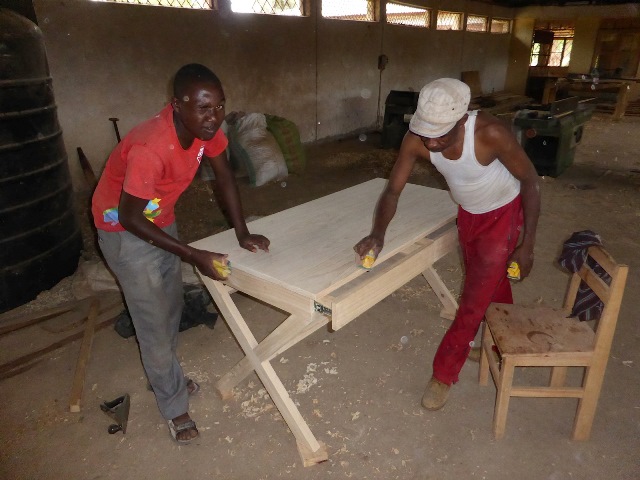
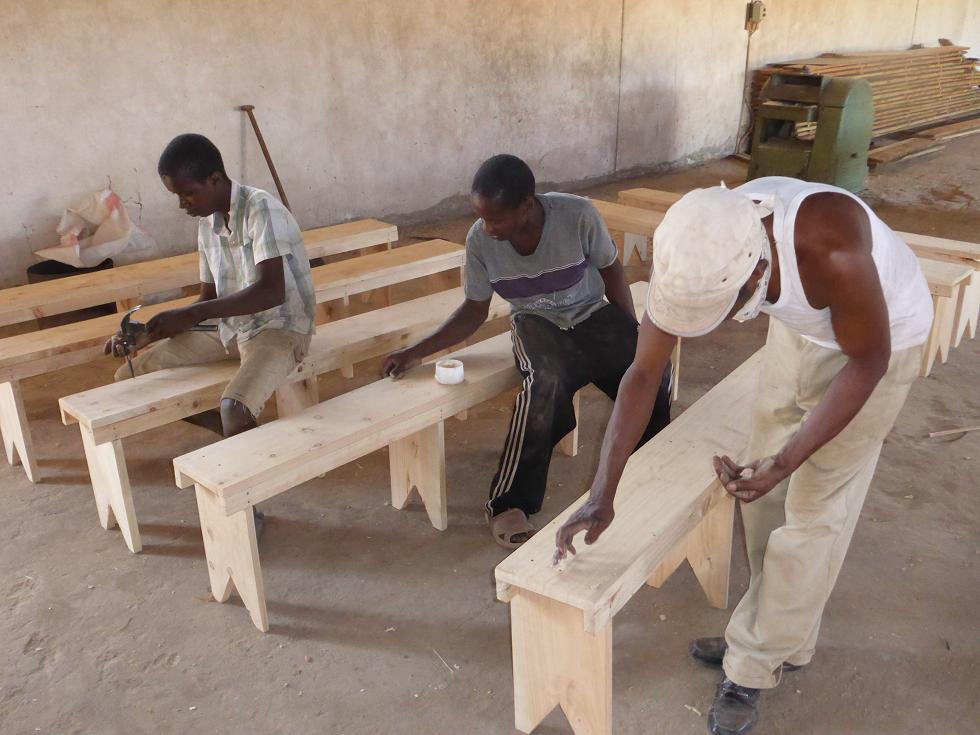




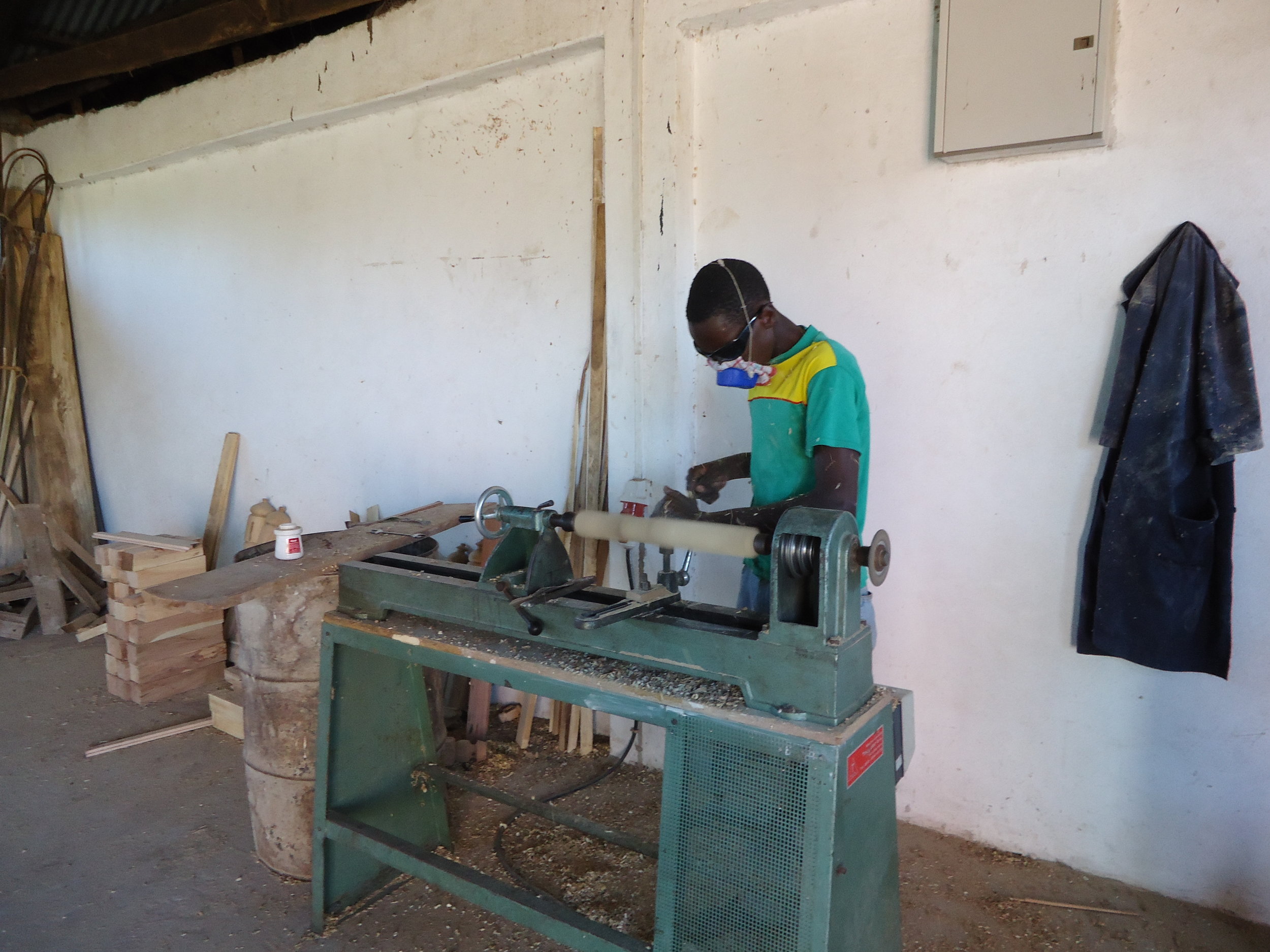

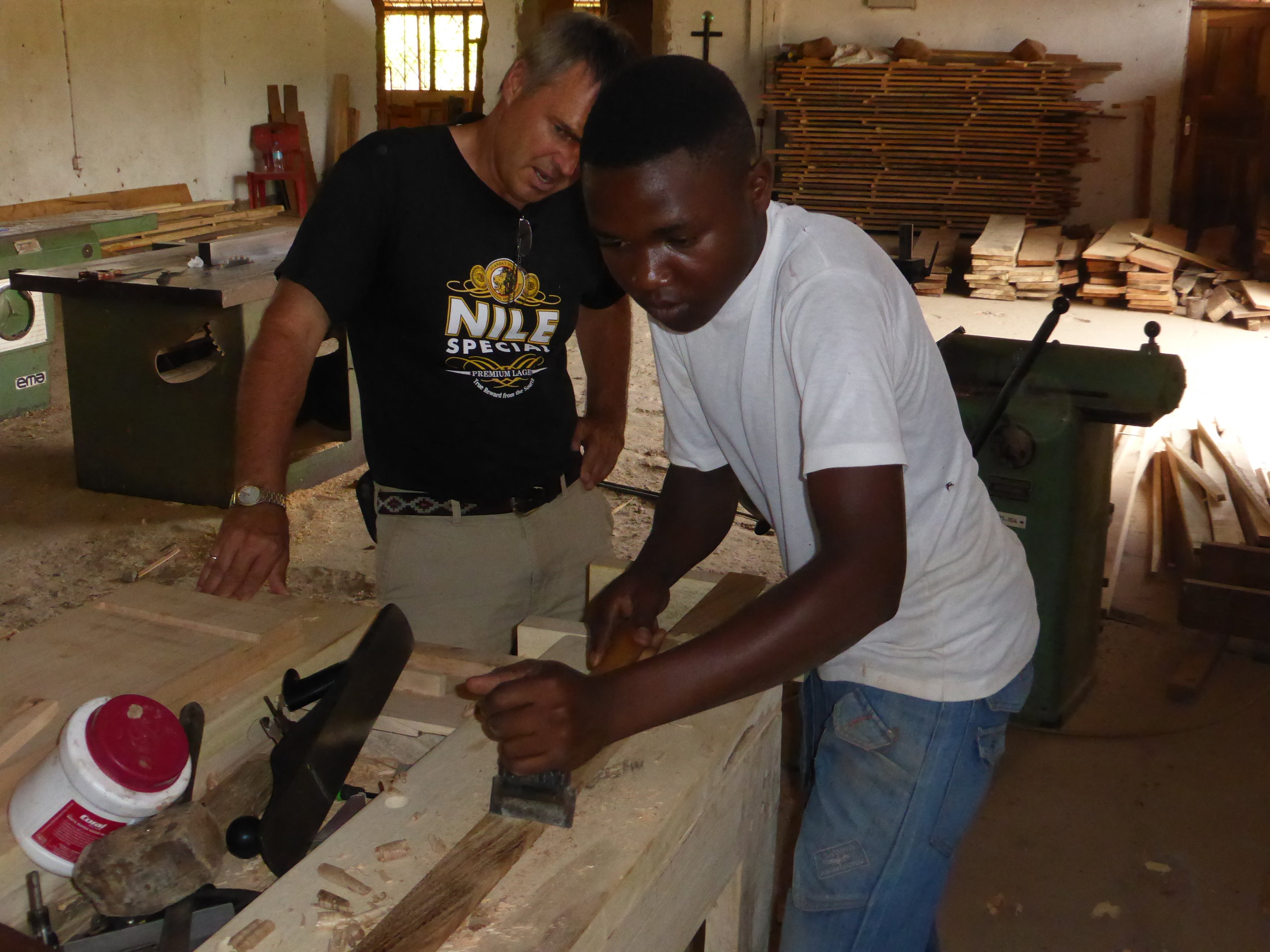


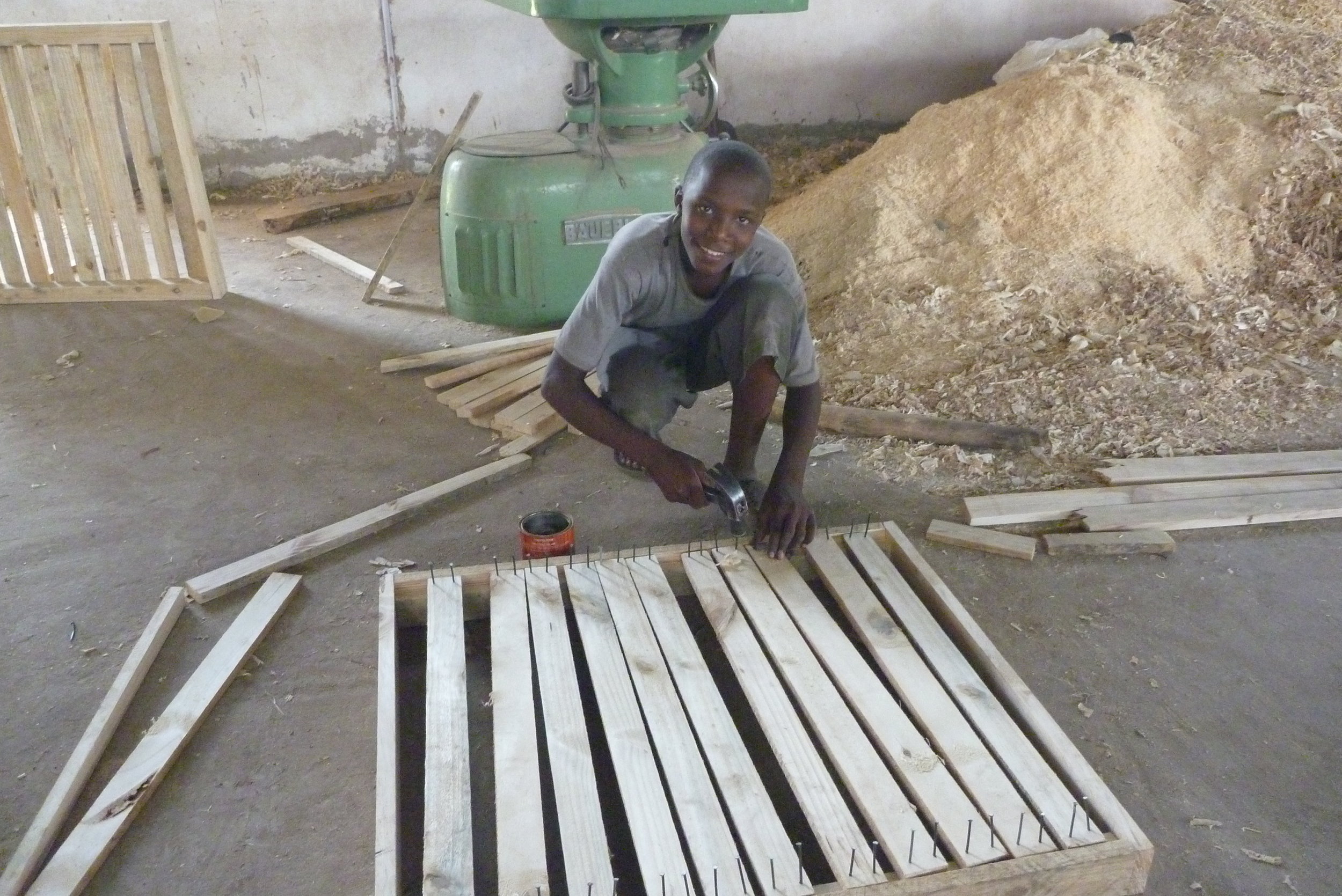


Carpentry
There is a wide range of wood-related products that are frequently needed by Tanzanian individuals and organizations. Families need doors, tables, chairs, beds and couches to build and furnish their homes, while educational institutions need desks, chairs, and benches.
Together with tailoring, Imani's carpentry program is one of its largest academic disciplines. With a fully-equipped workshop and years of experience, the school is well placed to meet the needs of the community while providing outstanding theoretical and practical experience to its students. The shortage of wood in Tanzania remains an ongoing challenge.

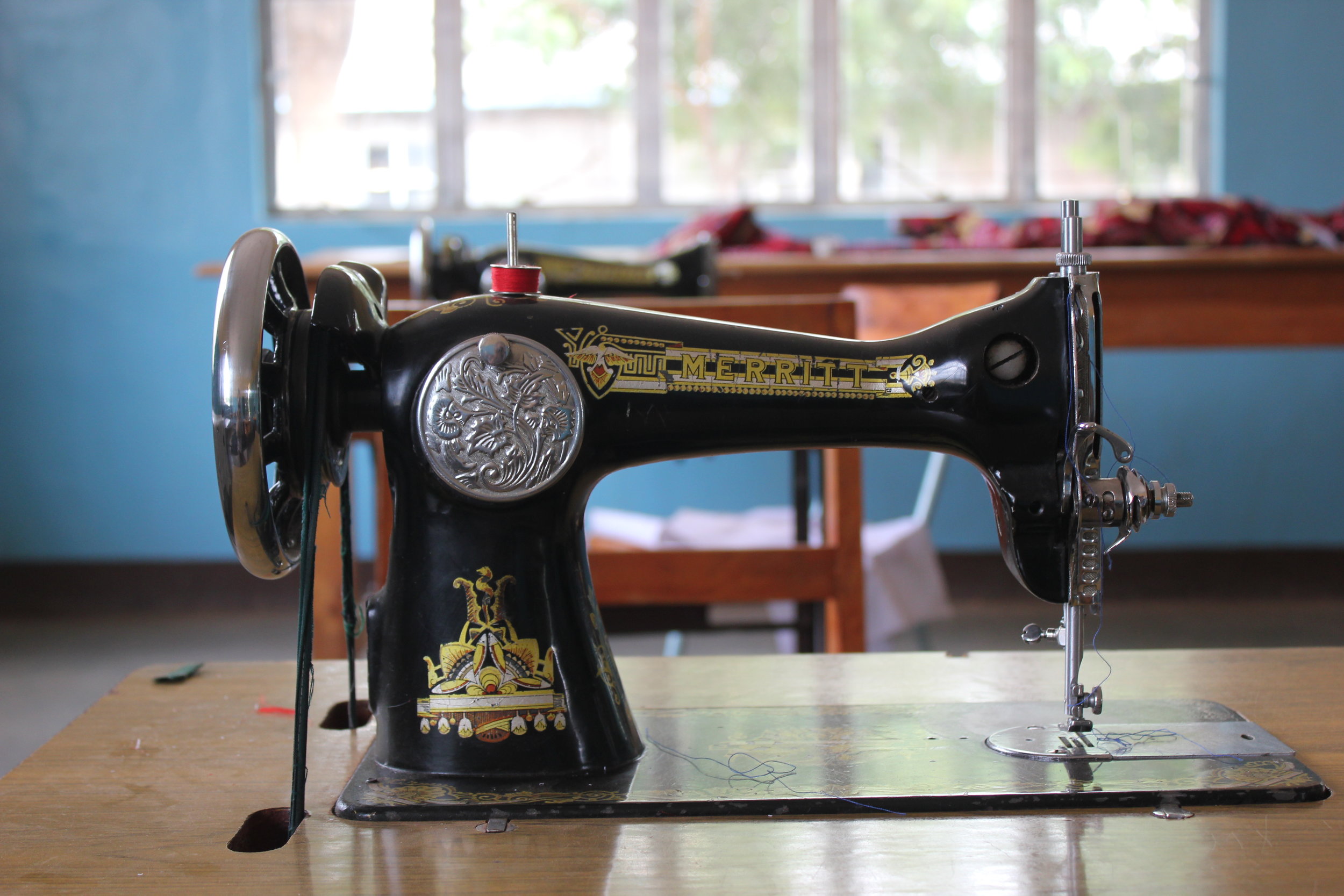


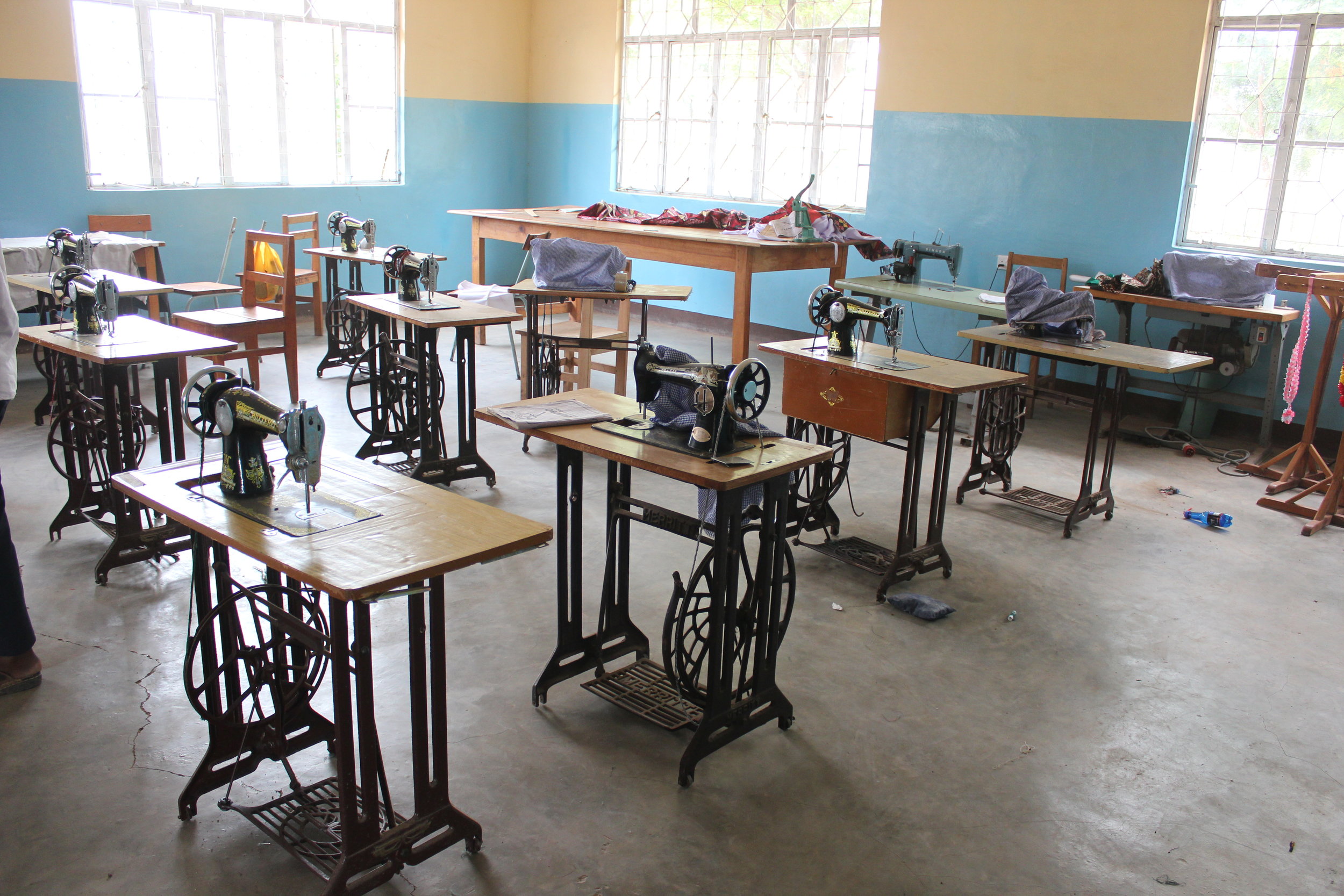
Tailoring
The donation of used clothing by developed countries to countries like Tanzania remains very much a double-edged sword. While the donated goods do help the local population access cheap clothing, they also make it more difficult for developing countries to develop their own textile and clothing industries. Despite this, the local tailoring industry represents a viable living for many Tanzanians.
Imani's tailoring program uses both foot-powered and electric sewing machines, each of offers its own advantages. Given the size of its tailoring program the school is particularly well-positioned to supply large orders, such as school uniforms for a student body.
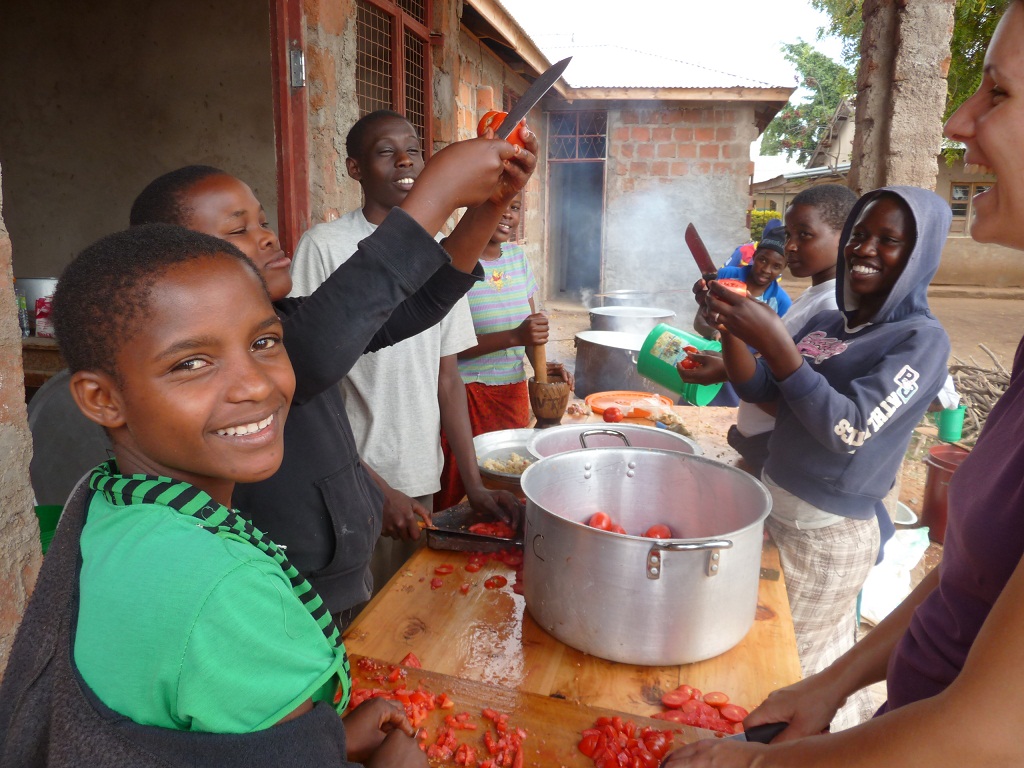

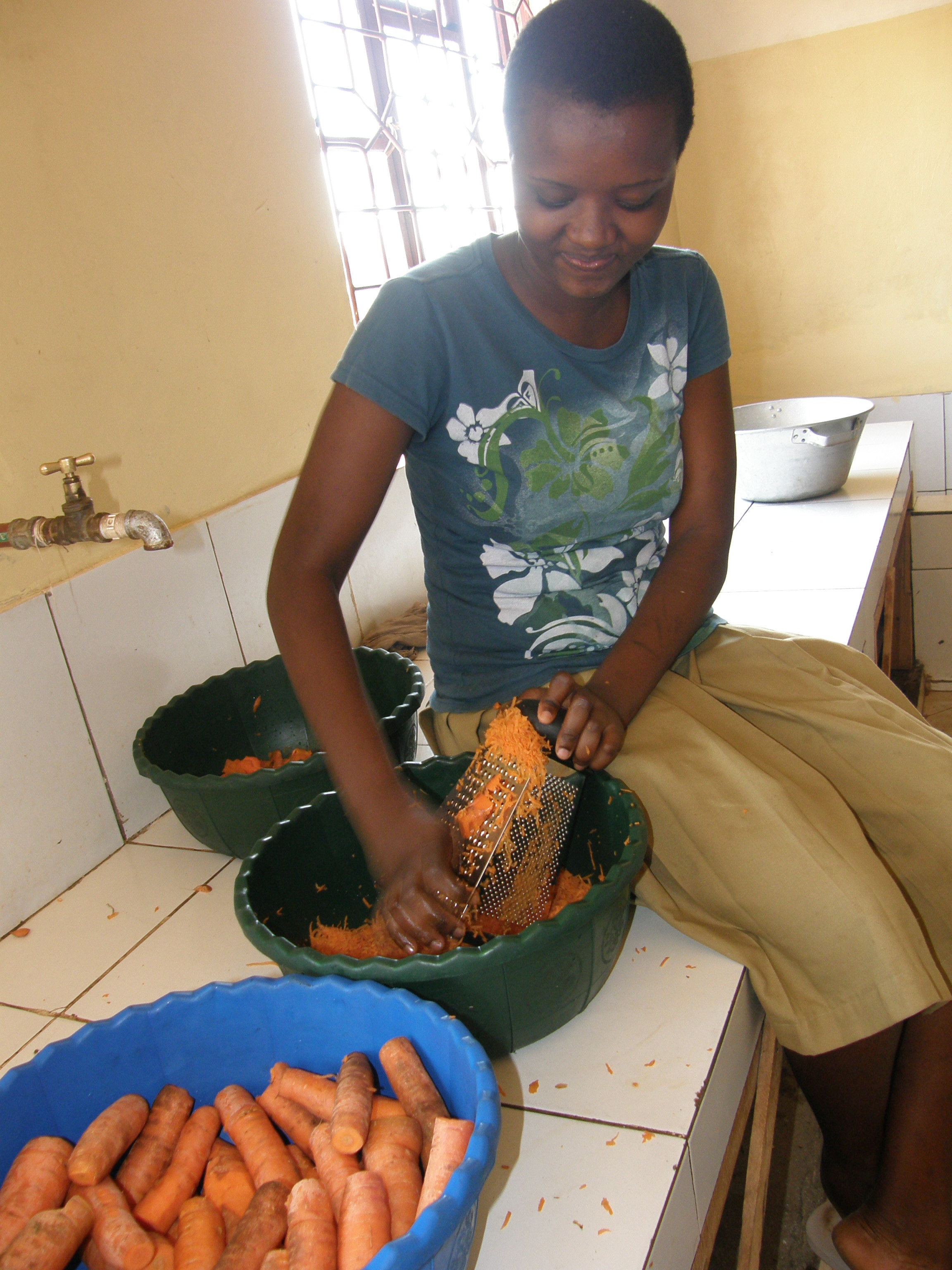
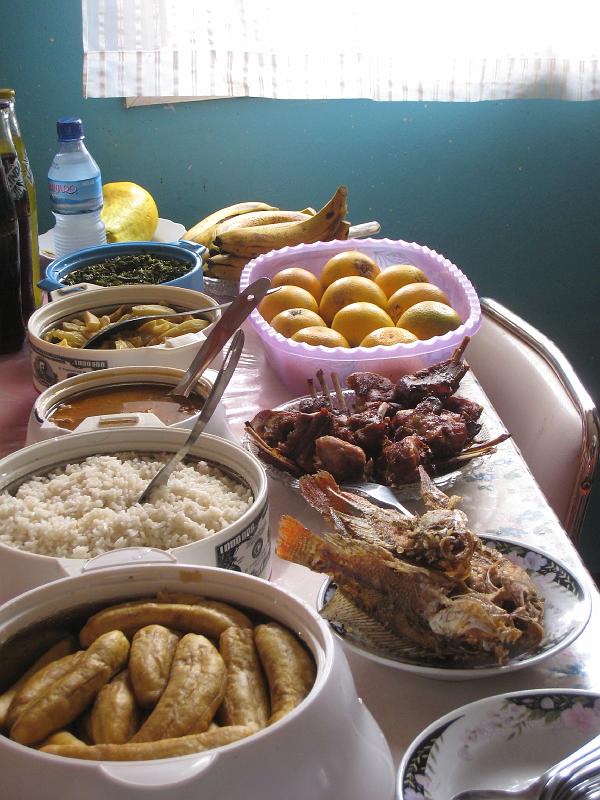

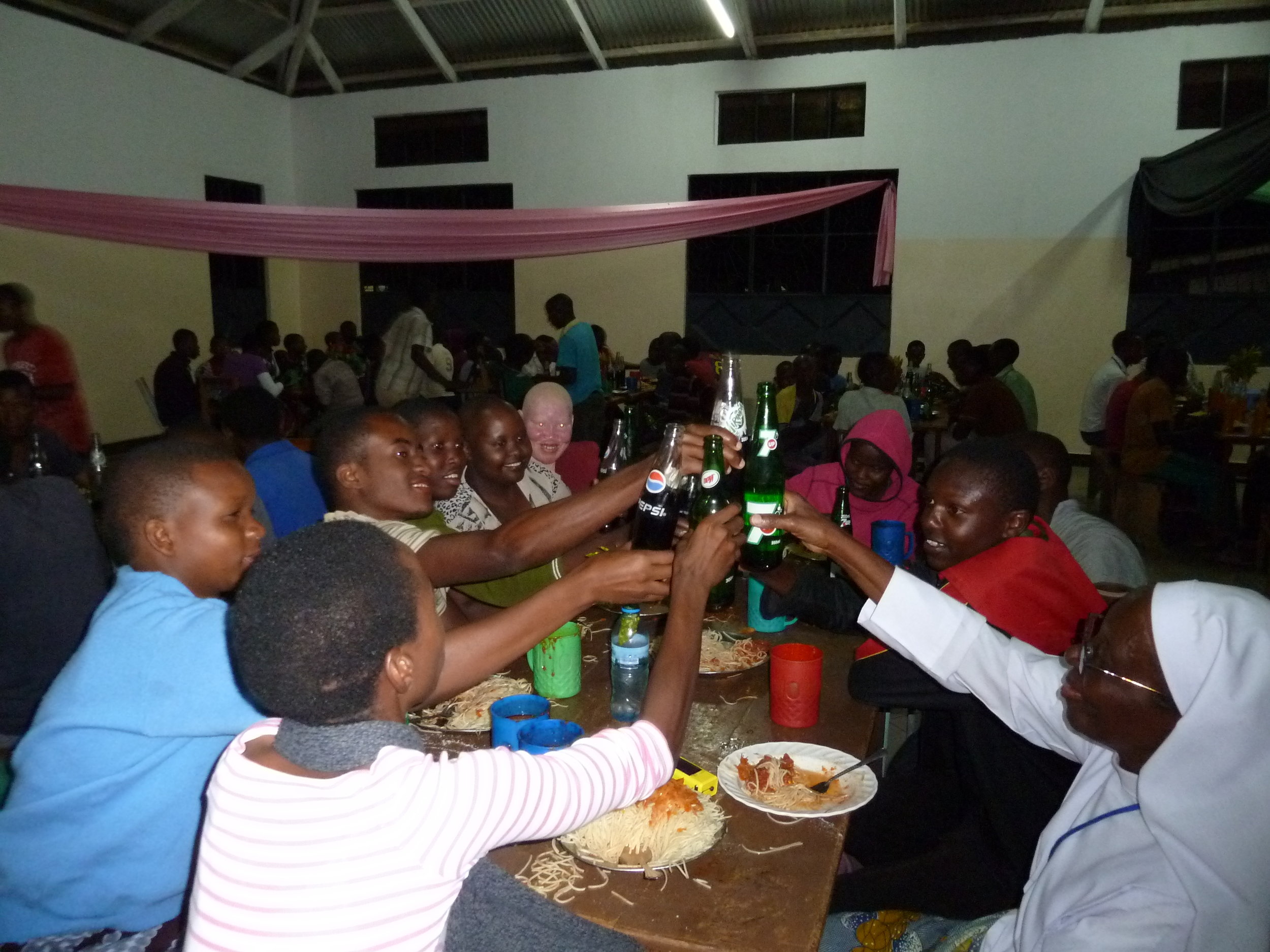

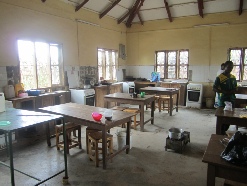
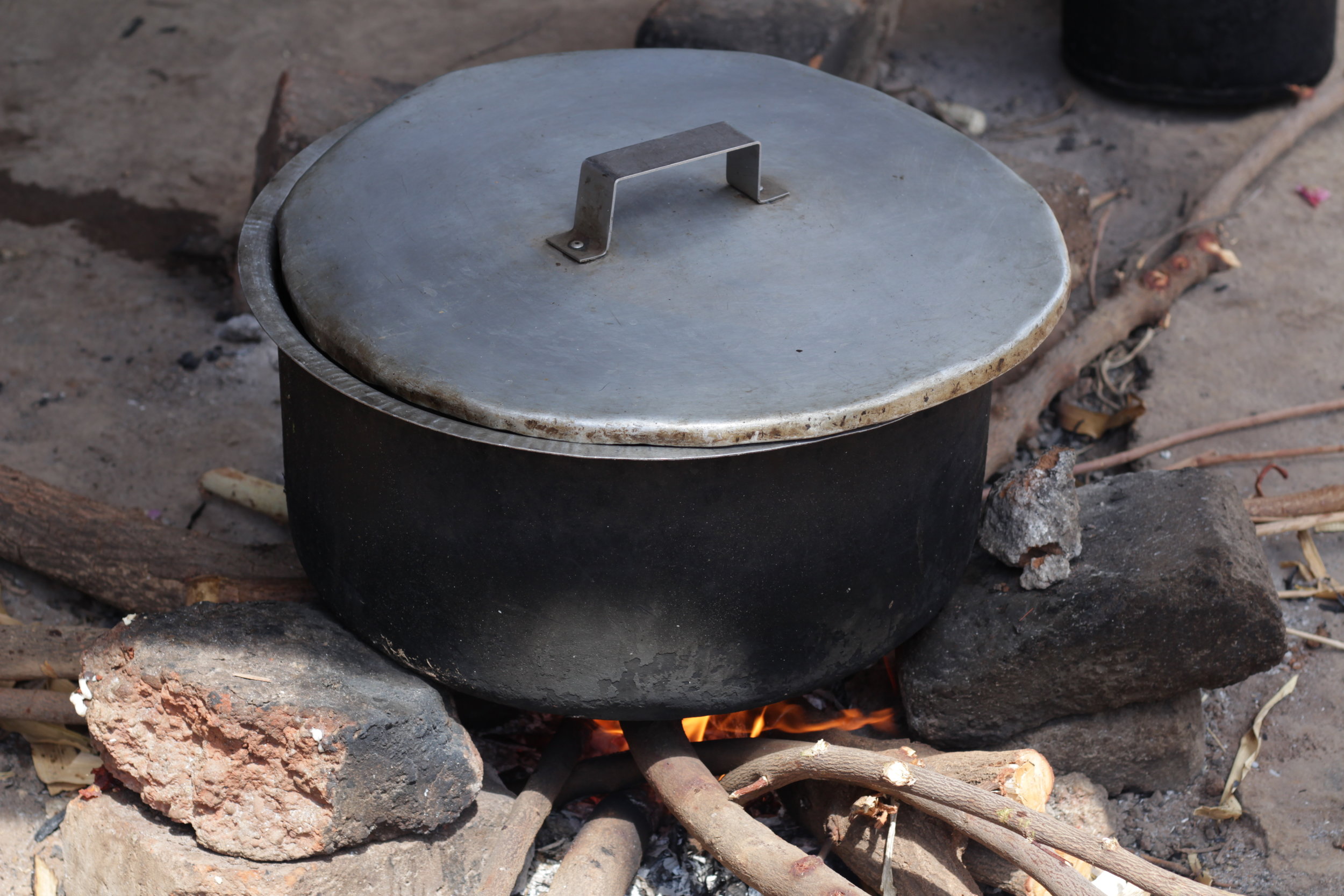
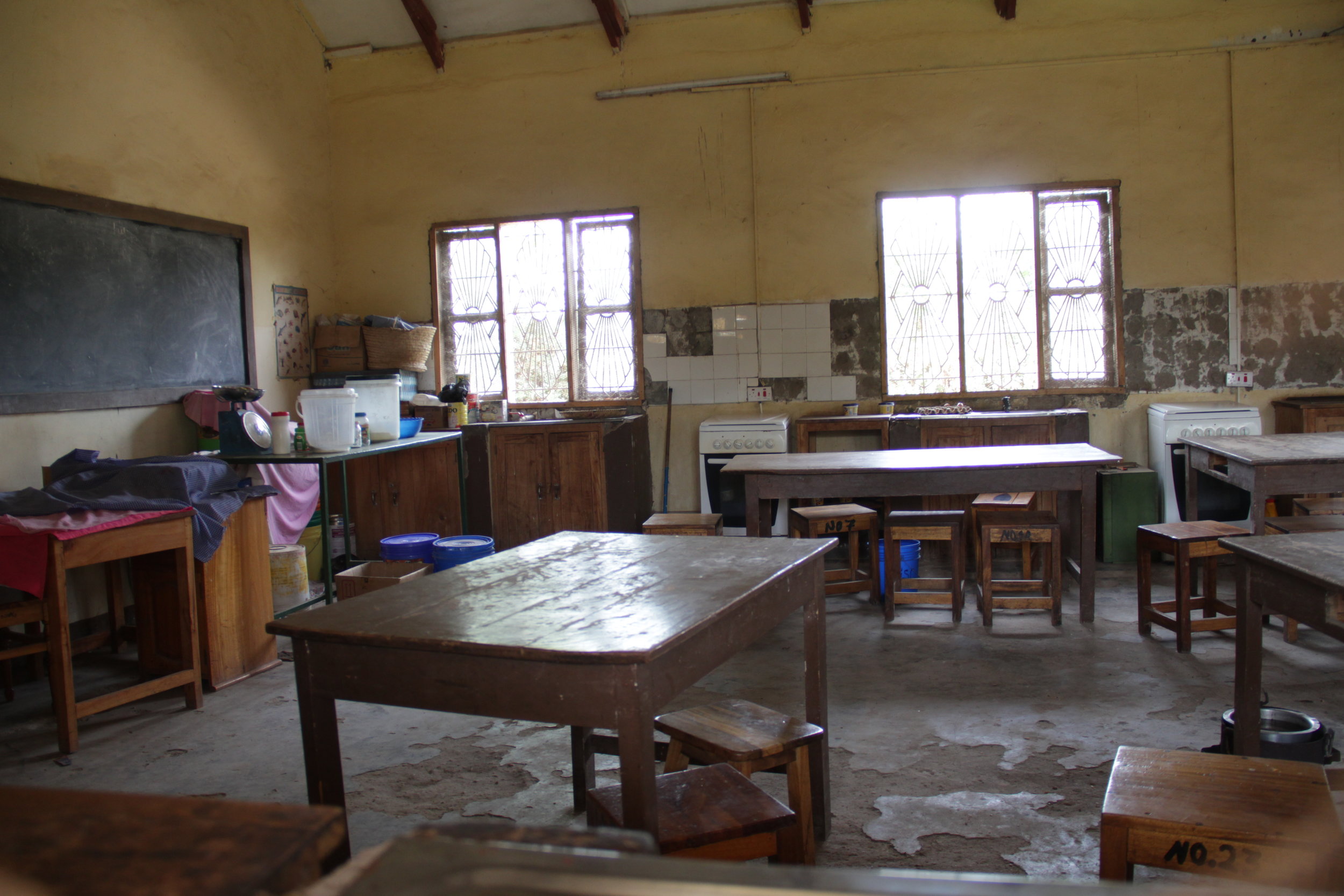
CATERING/HOSPITALITY
Tanzania has a thriving tourist industry thanks to its world-class sights, as well as an an ever-growing middle class thanks to its recent economic development. This is especially true in the case of Moshi, only 30 minutes from Imani VTC, which serves as the base for Mt. Kilimanjaro.
Students completing catering/hospitality at Imani have multiple potential pathways. The tourist hospitality industry, although competitive, has the potential to be highly lucrative. The more conservative option involves meeting the catering needs of the local Tanzanian community: restaurants, canteens, weddings, baptisms, memorials, not to mention a good old fashioned party.
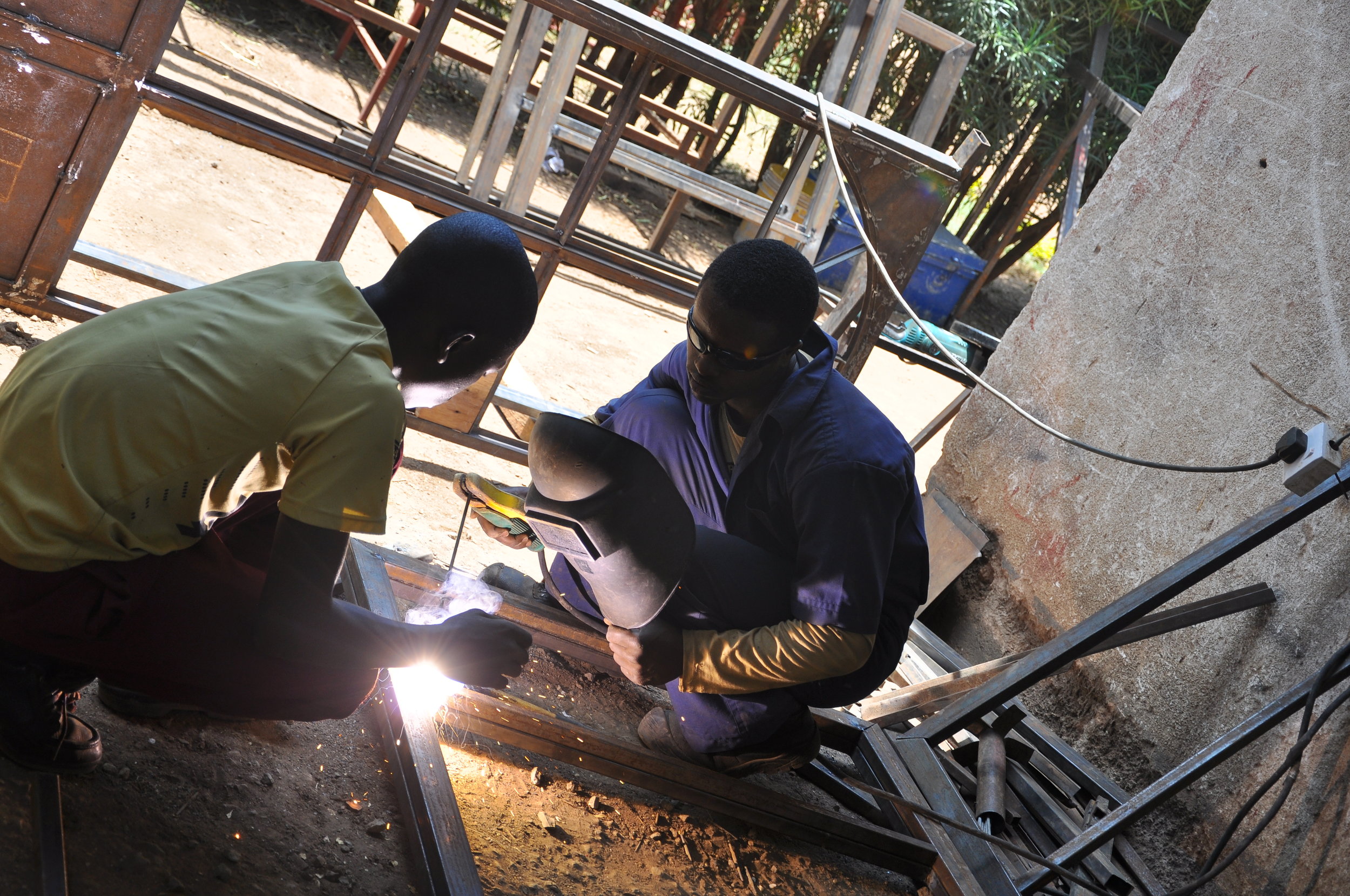
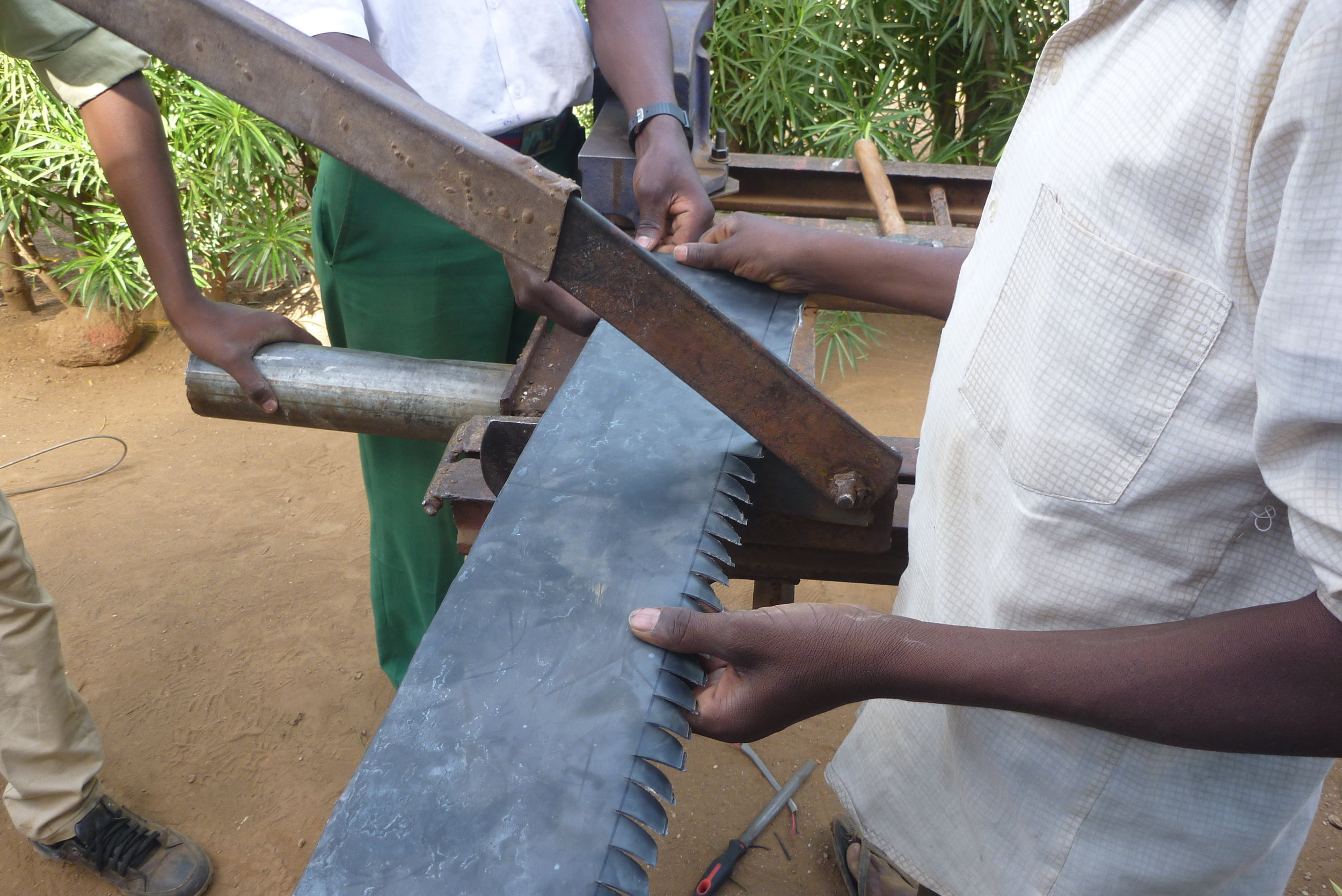

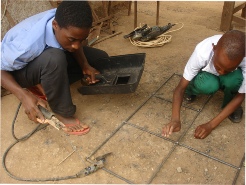
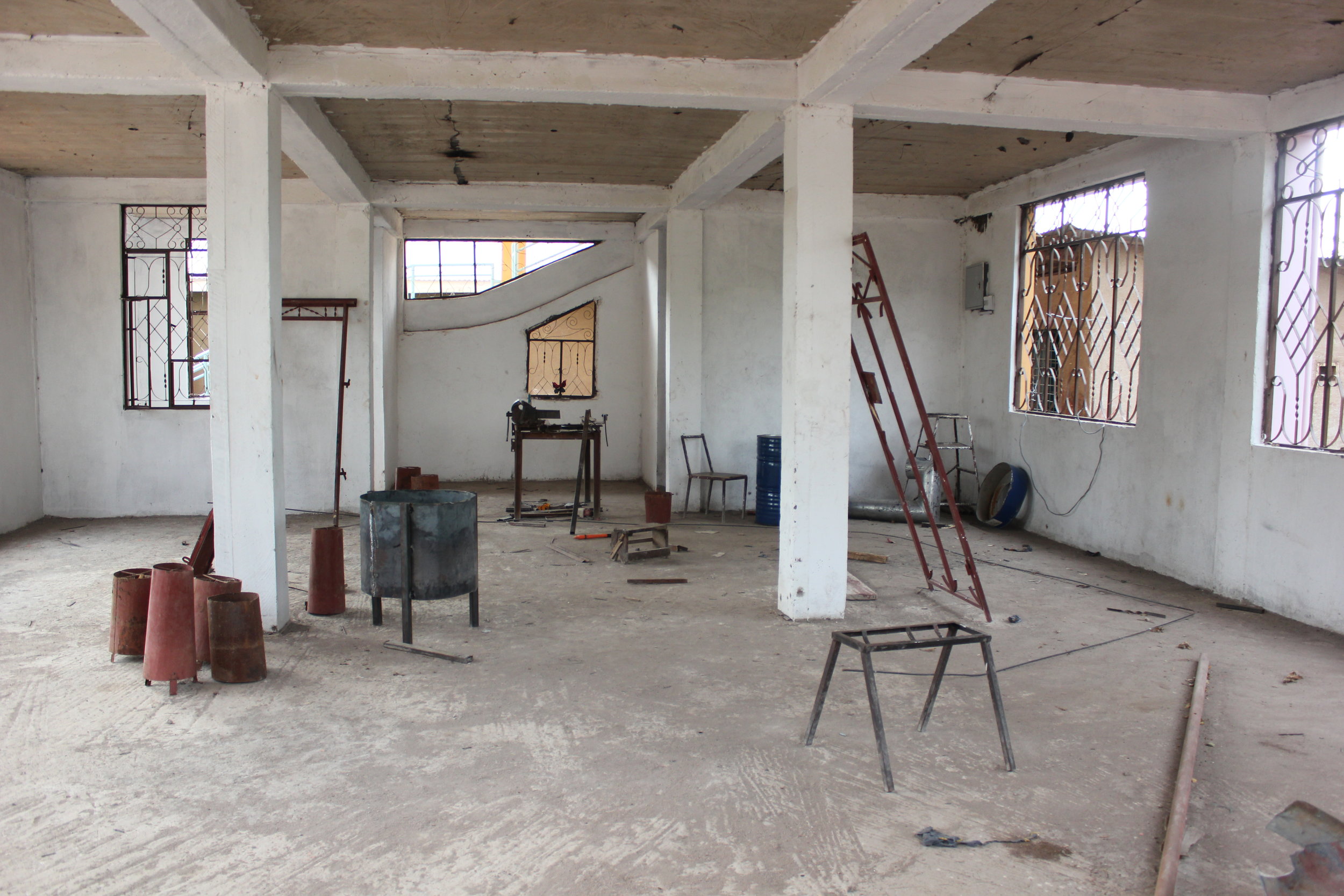
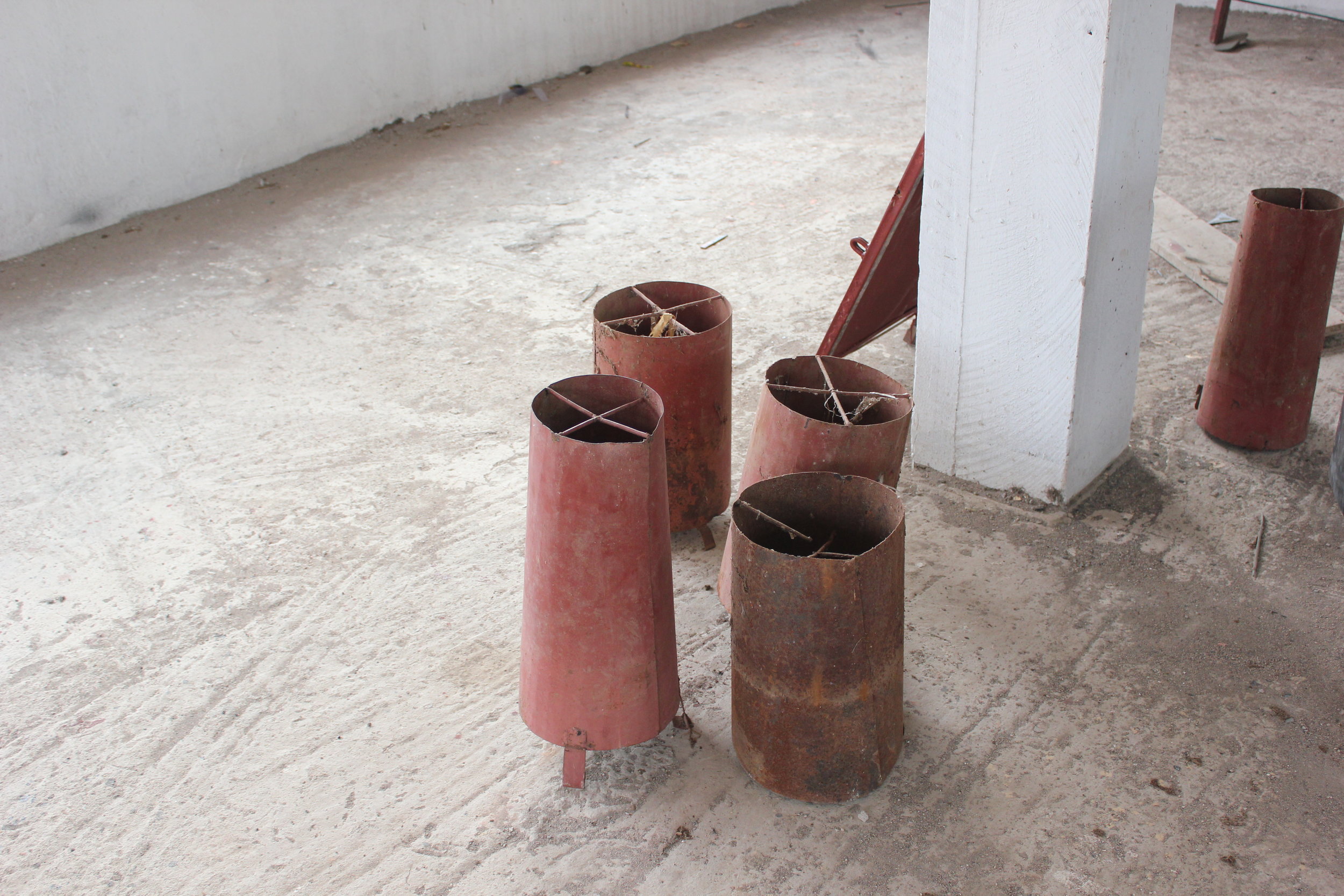
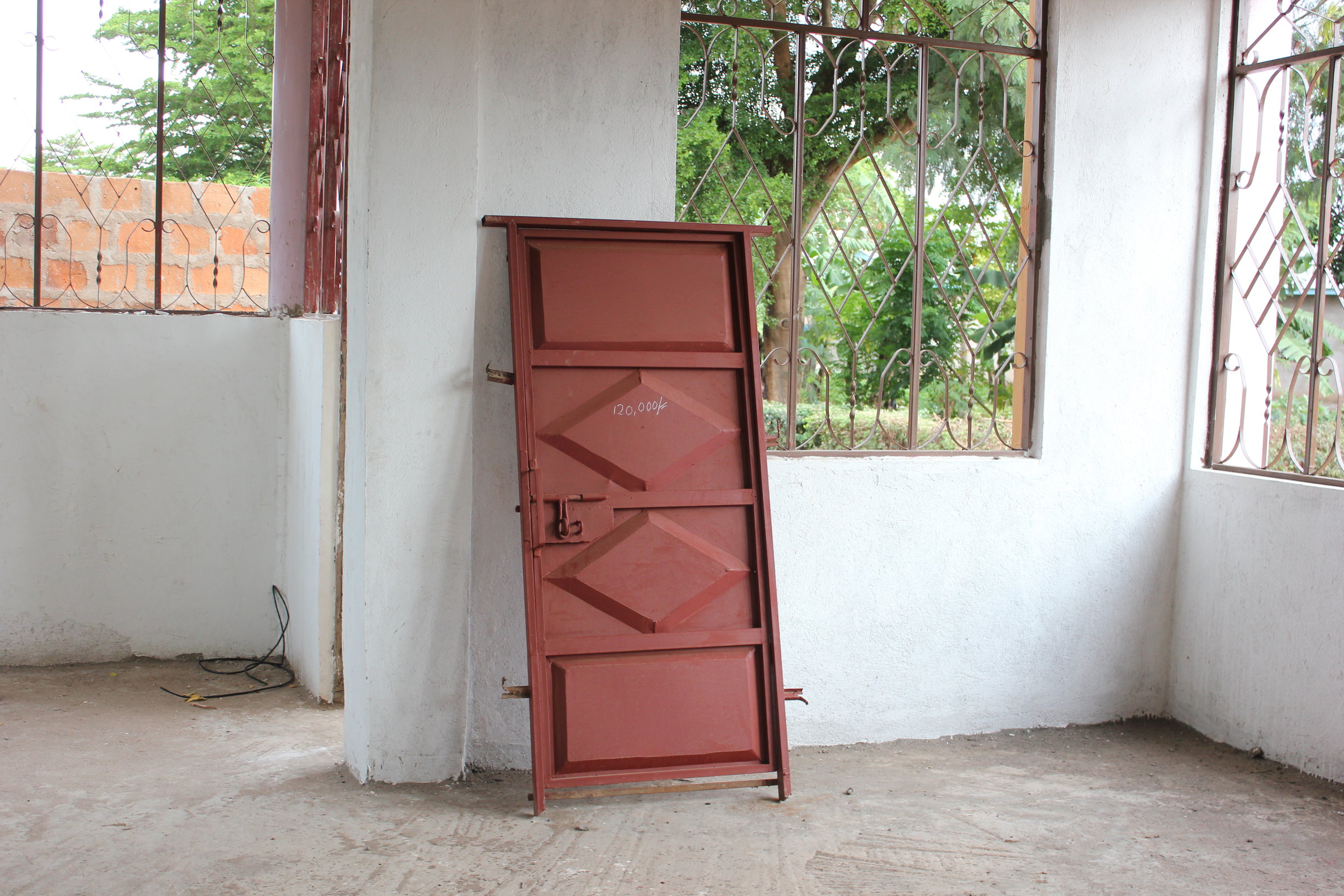
Welding
Welding plays an important role in the construction of new buildings, mainly through the fabrication of metal grills that provide security over windows and doors. Welders also fabricate and repair a multitude of everyday items, including cars, furniture, and more.
Imani's welding program provides a good example of how the skills of younger students are slowly built up by integrating them in the activities of the group. Before they are able to use the welding torch, they are tasked with a variety of jobs including measuring, cutting, hammering and painting. Once they have a foundation of skills and safety knowledge, they will progress to welding the iron bars and sheets.

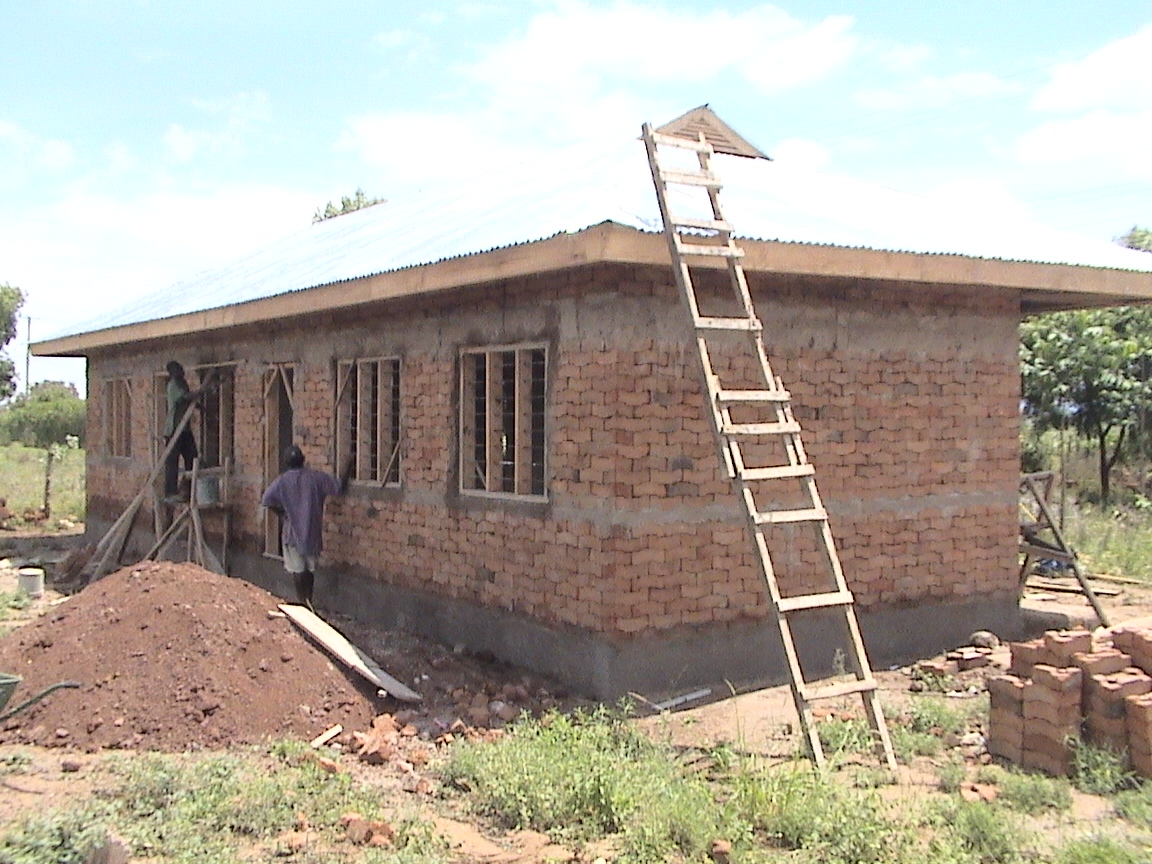

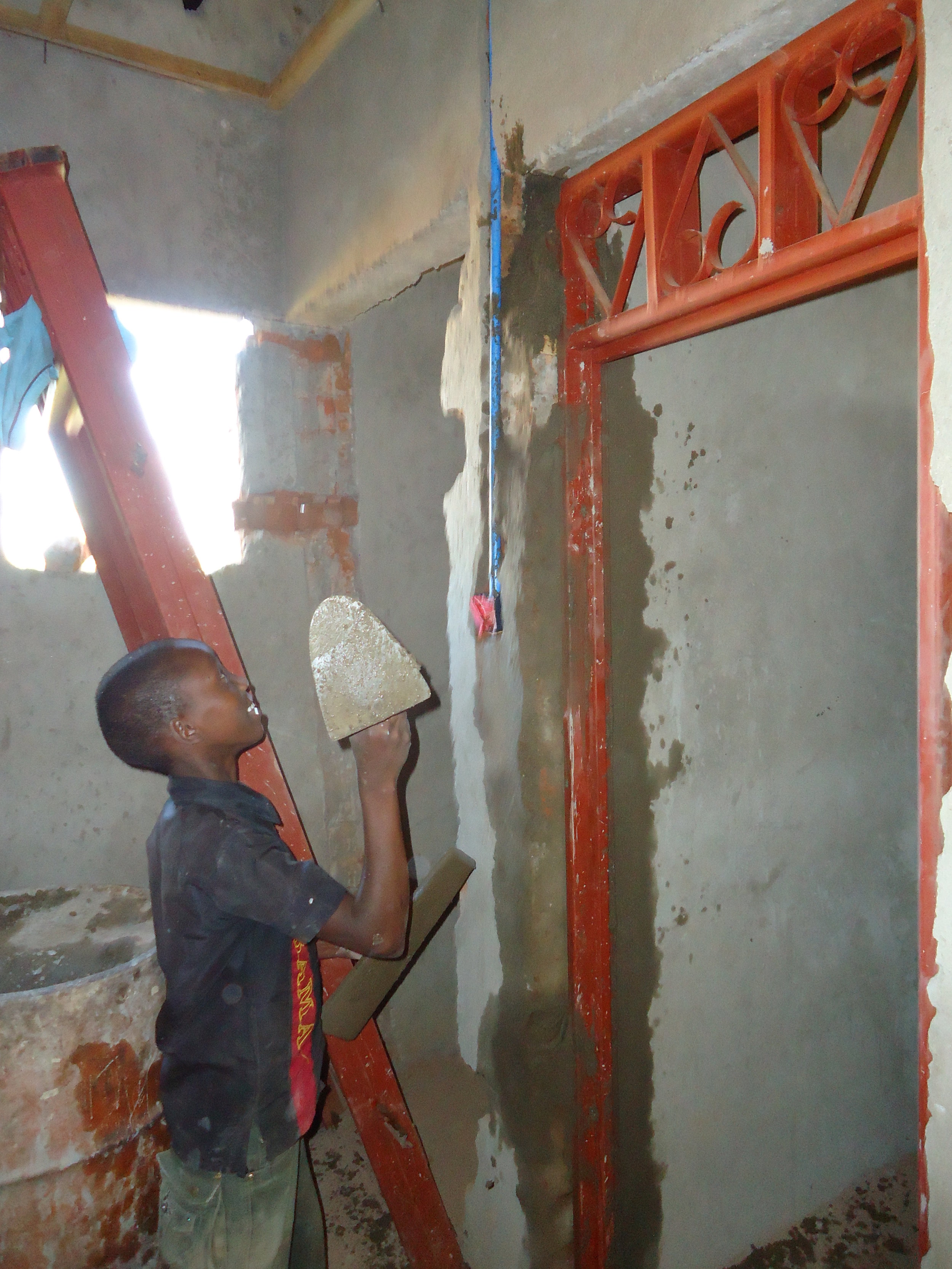

Masonry
Building a brick or cement block house remains one of the major goals for many poor Tanzanians, many of whom grew up in houses made of sticks, mud, and other natural resources. Institutions like Imani VTC, as well, are often trying to expand their facilities.
Not only do students at Imani gain experience working on small- and large scale construction projects, they are also exposed to Imani's cutting edge inter-locking brick technology. Using the angled bricks reduces the amount of cement used in construction, thereby reducing construction costs. This exposure gives the graduating students a potentially valuable competitive advantage over other masons.
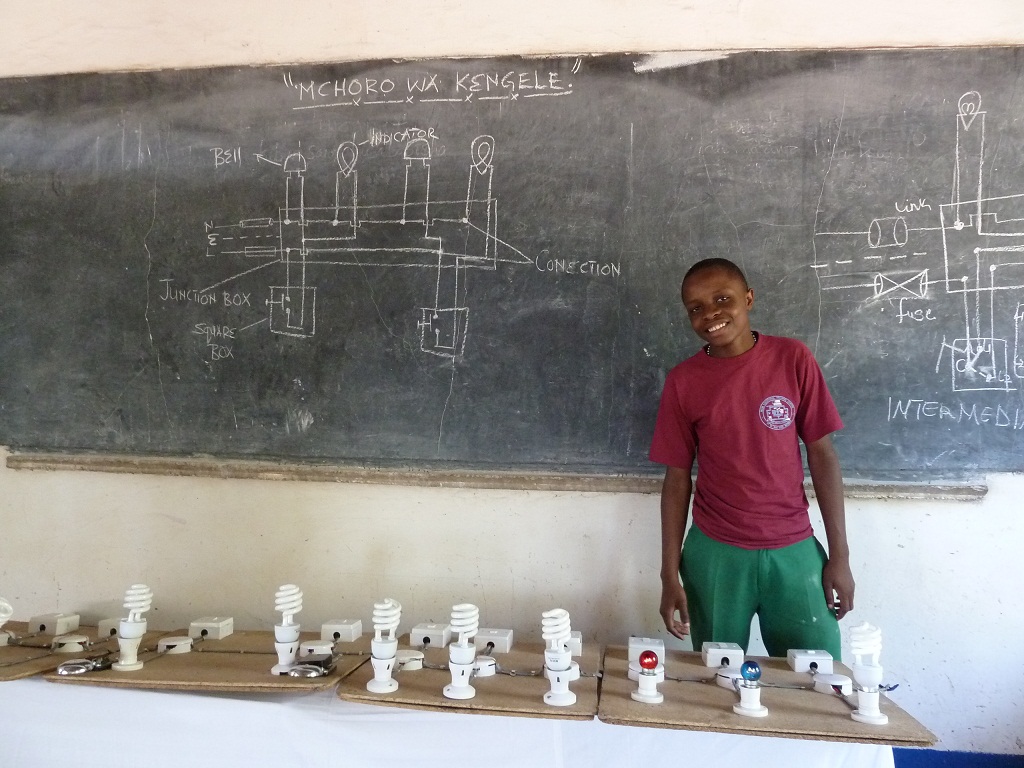

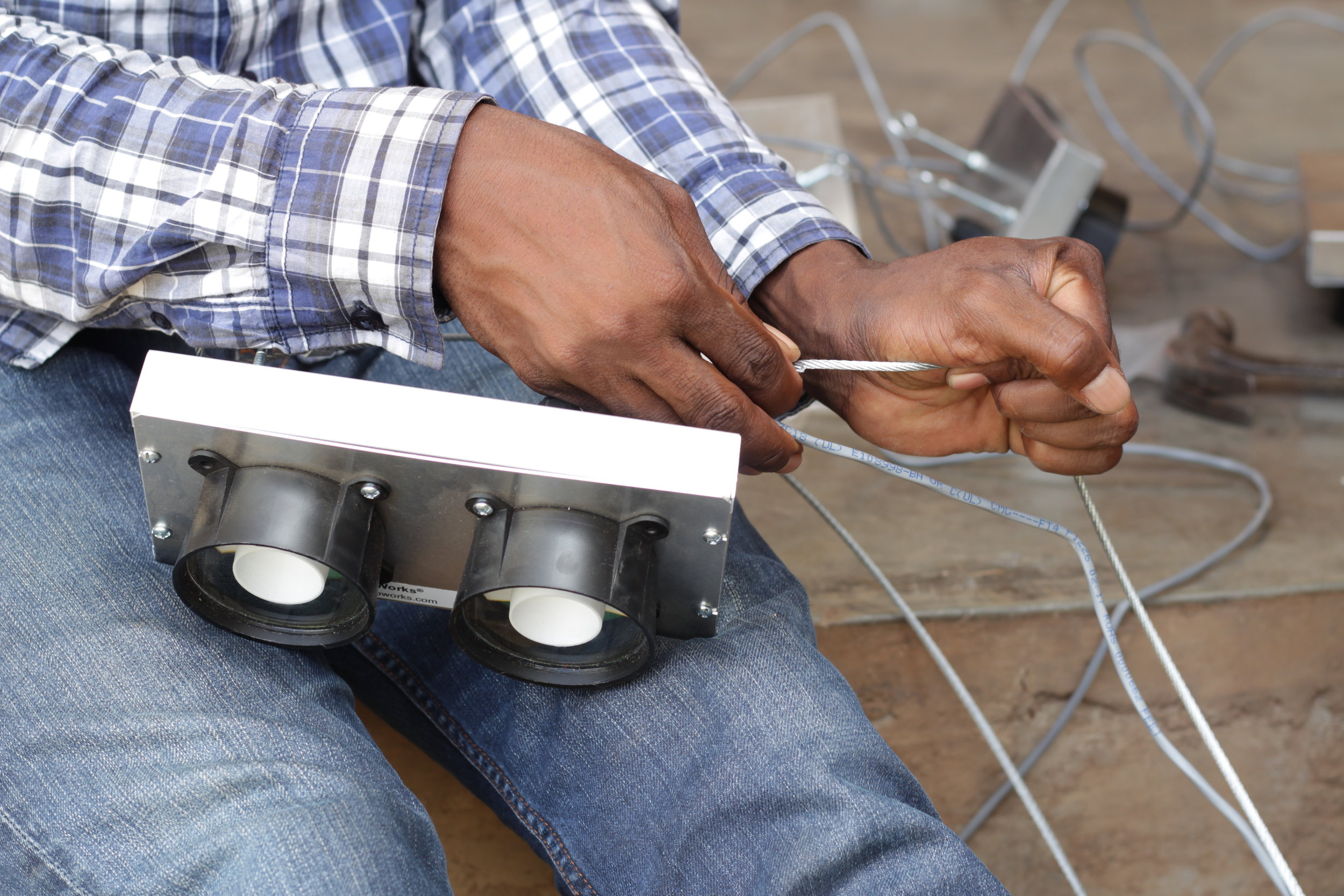
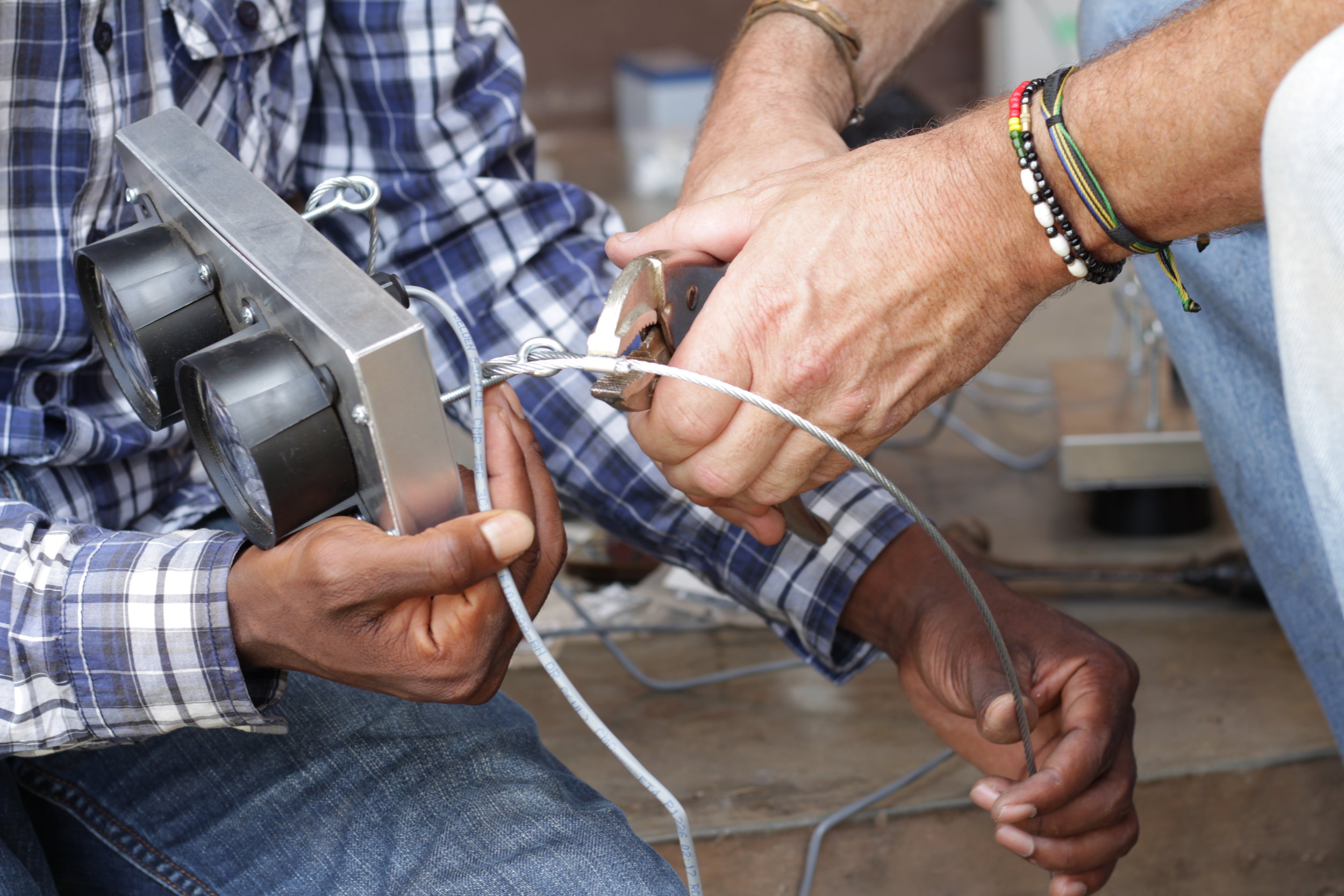

Electrical Installation
Although under 20% of all Tanzanians are connected to the power grid, this number is growing every year as the country continues to develop economically. Combined with the every growing solar power industry, the future prospects of electricians are bright.
As with the masonry program, the electrical installation program is well-integrated into the overall development of the school's infrastructure. Every time a building is built at Imani, the electrical installation teacher and students have the opportunity to develop their skills and understanding in a valuable, hands-on way.
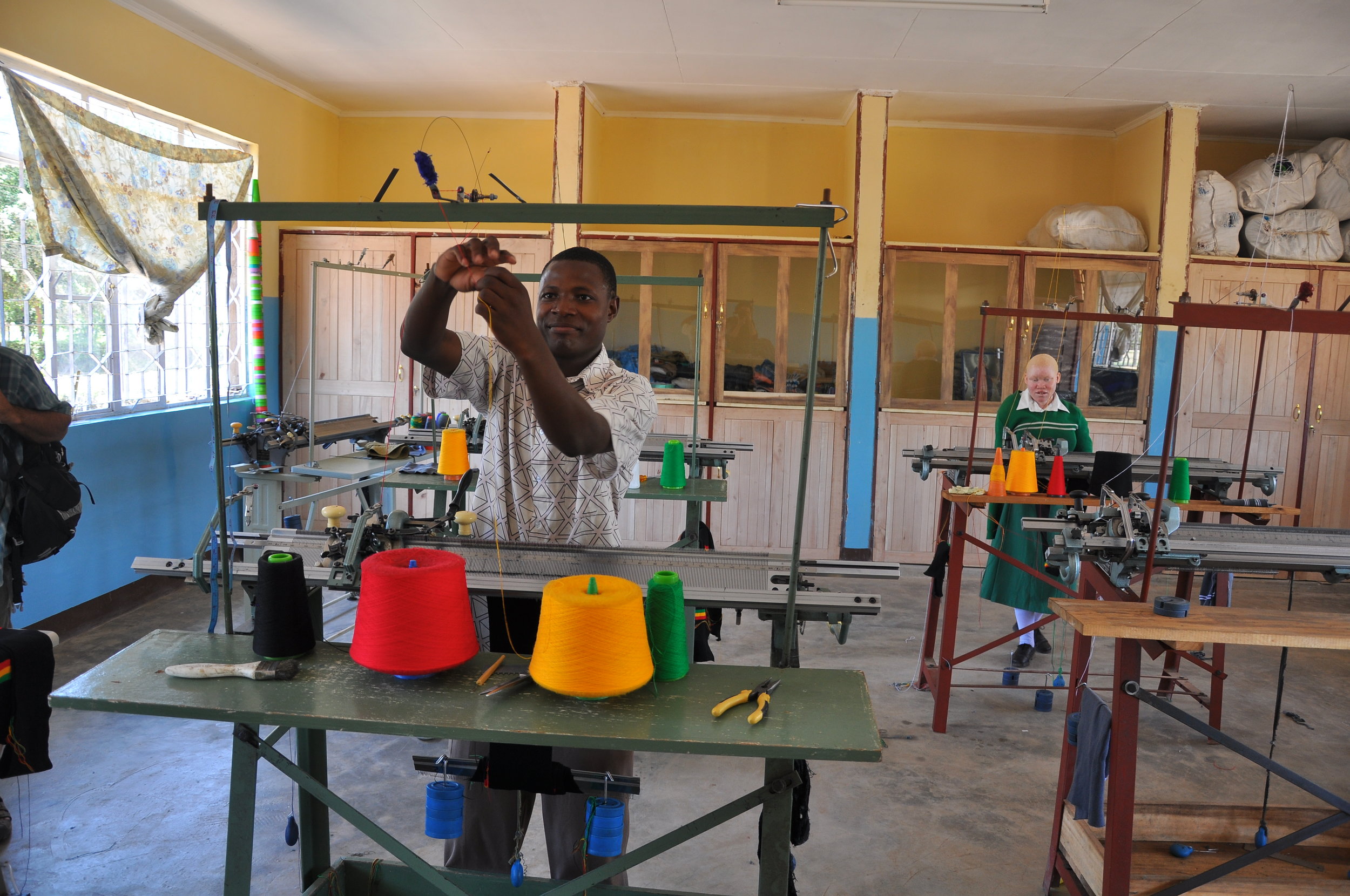
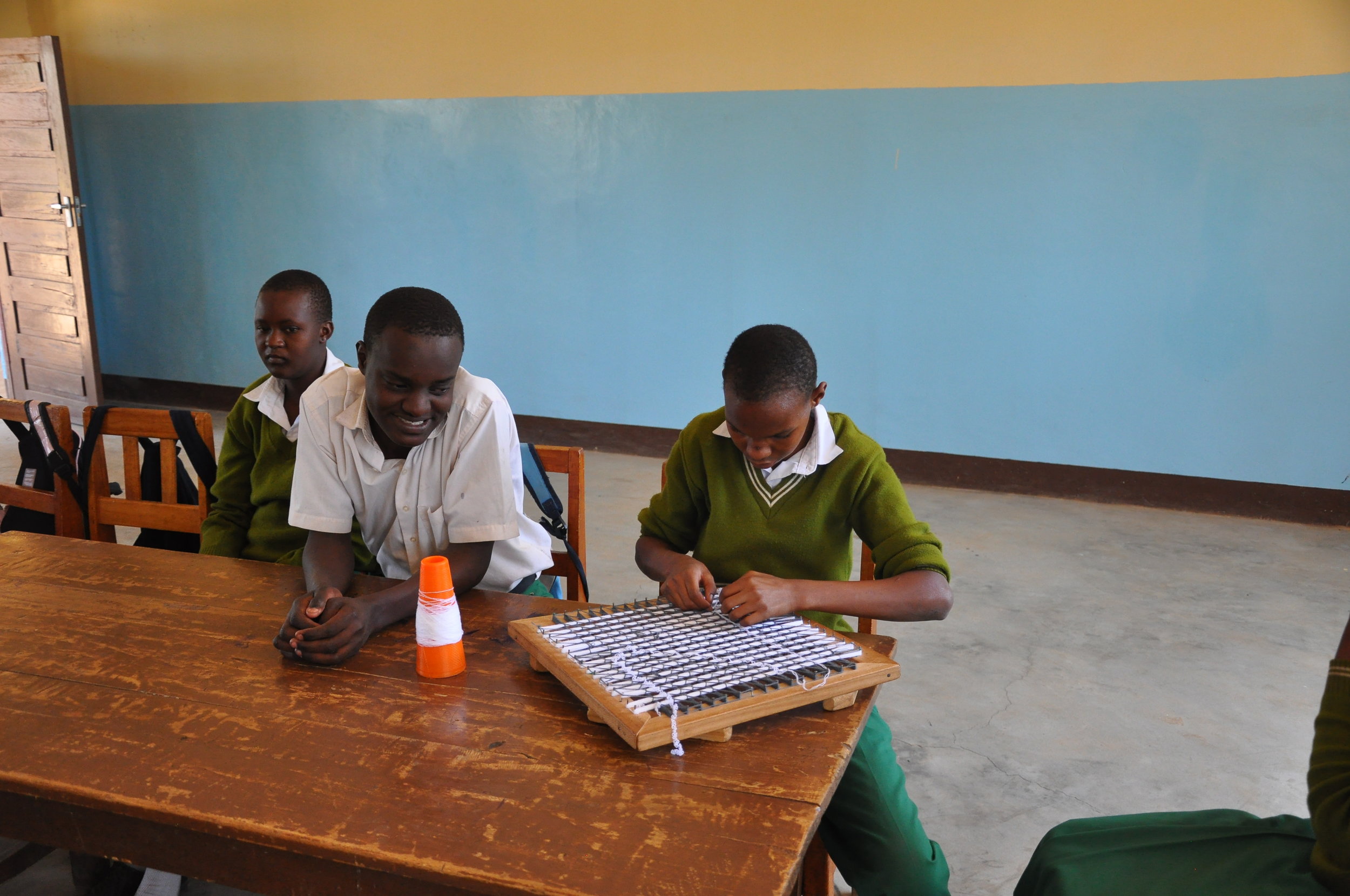


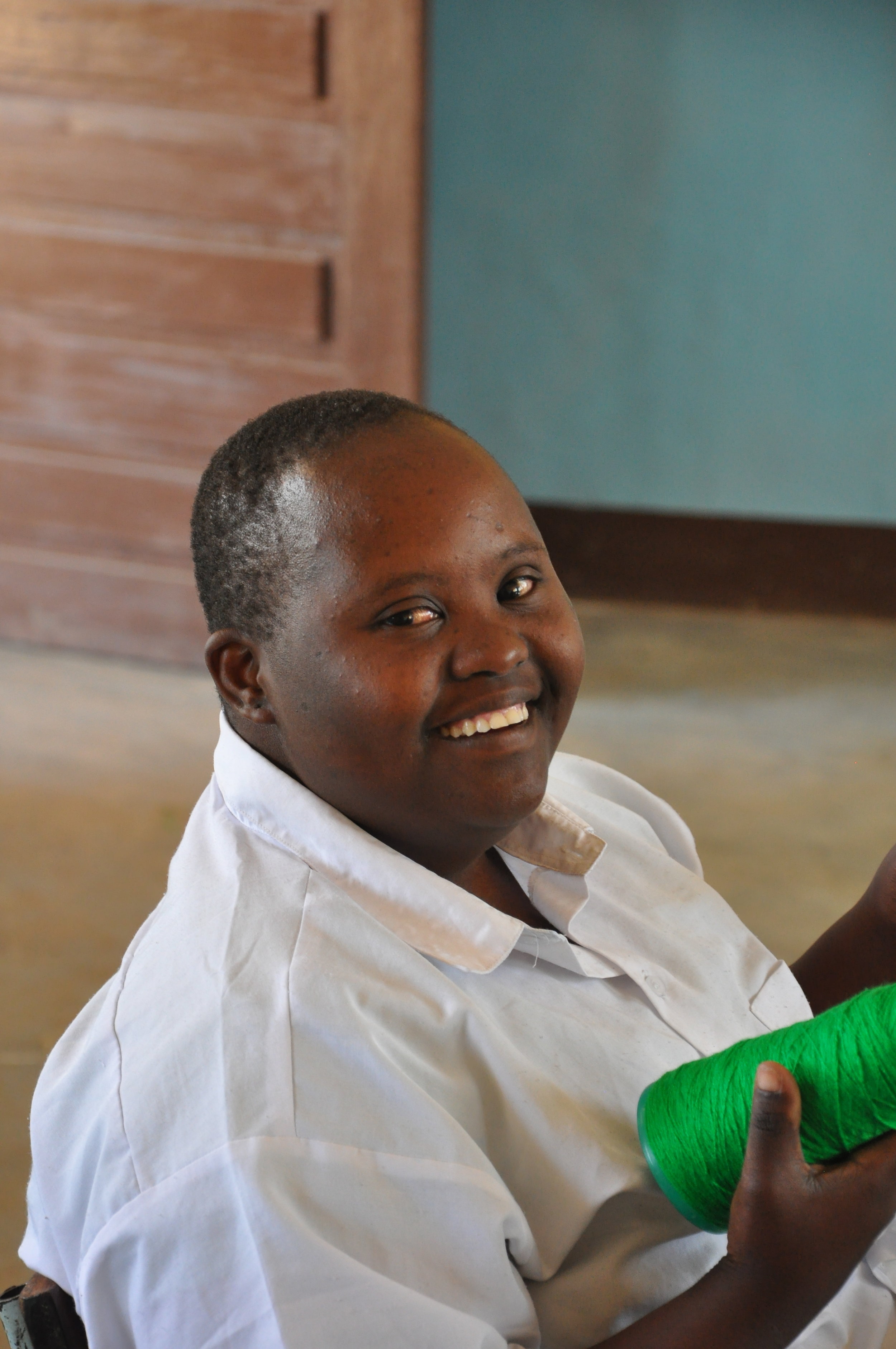

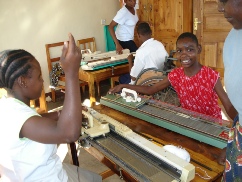

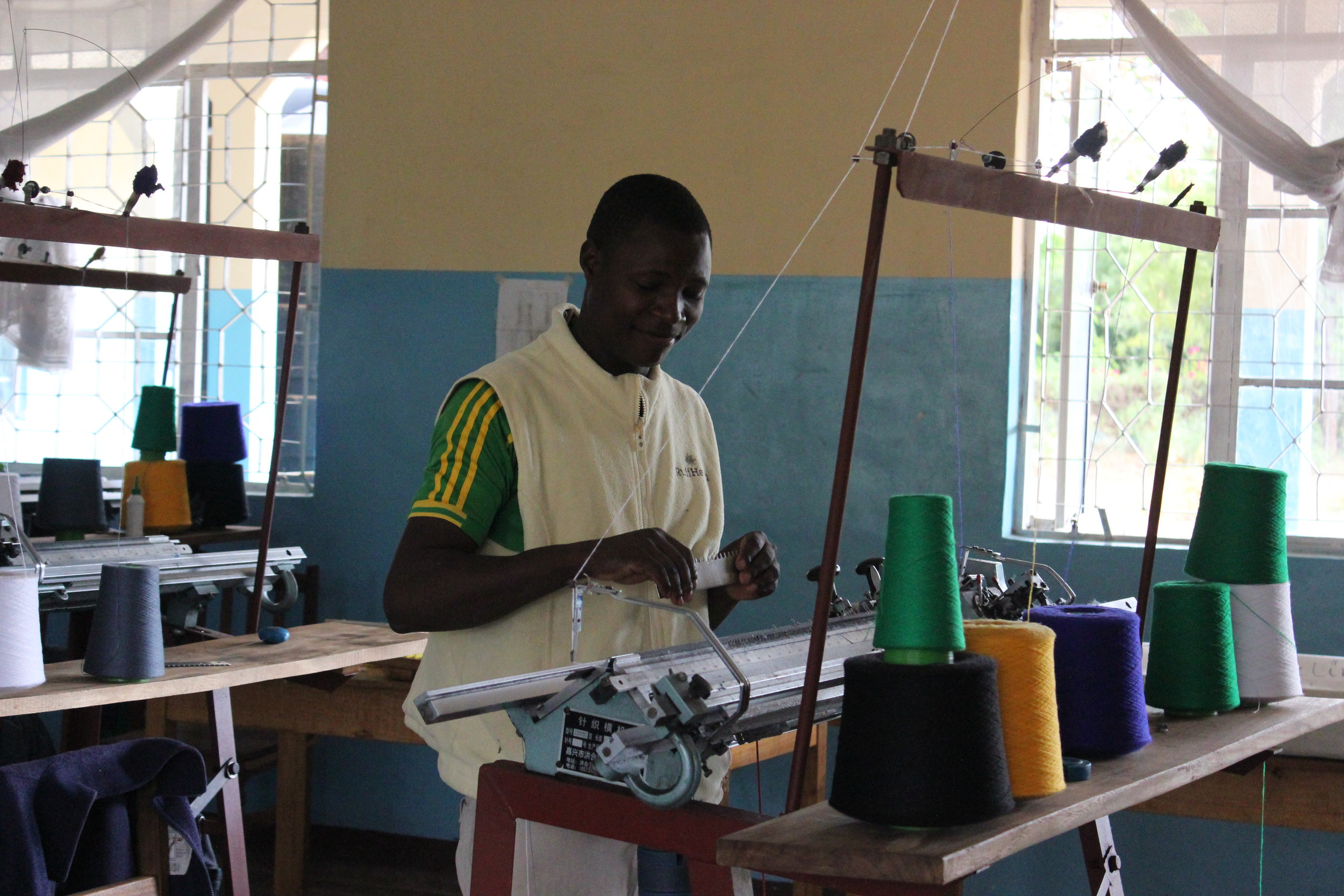

WEAVING/KNITTING
Living in a poor country is difficult for an entire population, but those that are either physically or mentally disabled face particular challenges. A family with limited resources is likely to invest what it has in the education of fully-abled children, leaving the disabled with few prospects in life.
The weaving/knitting program is unique at Imani, in that most of its students are either physically or mentally disabled in some way. The knitting/weaving machines can be used by those without use of their legs, and produce a wide range of clothing products in a variety of styles.
